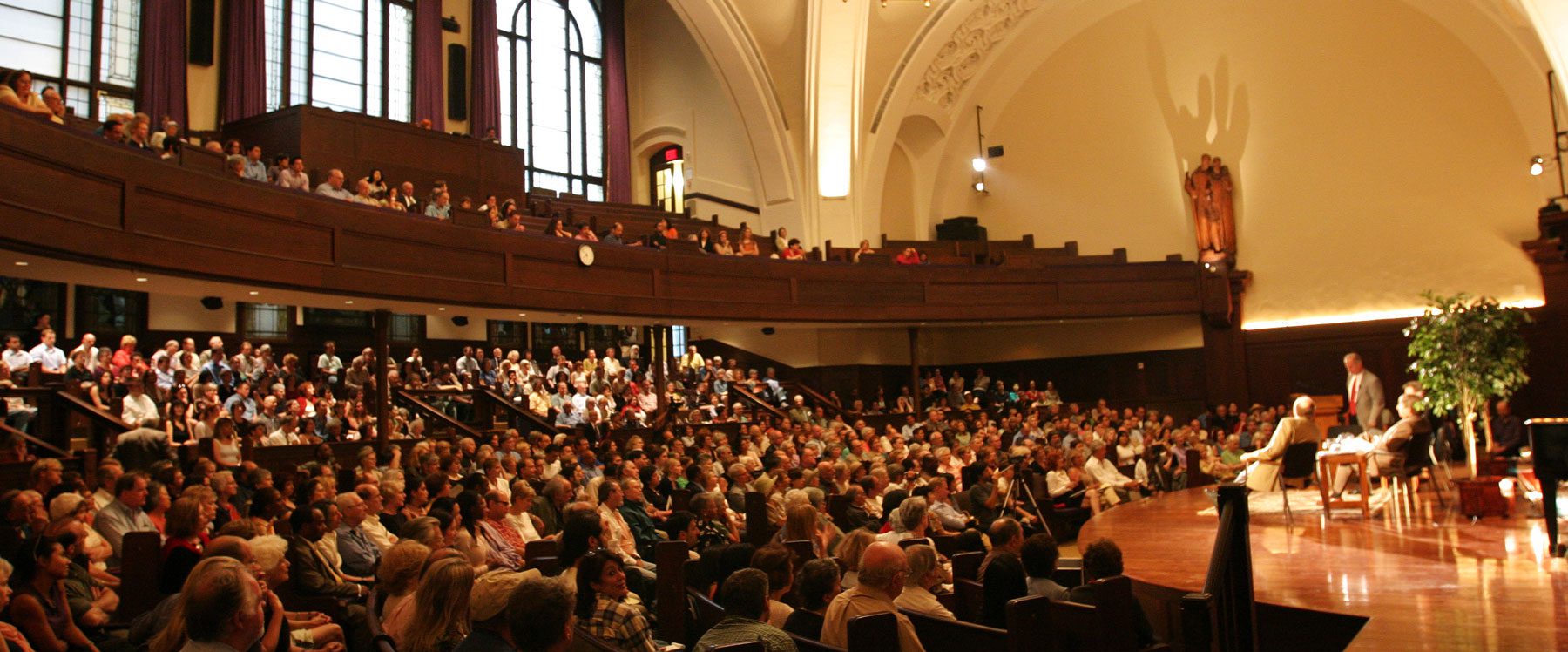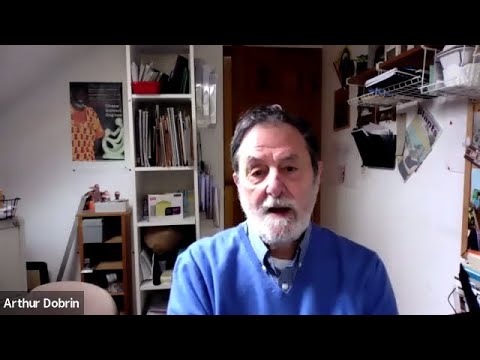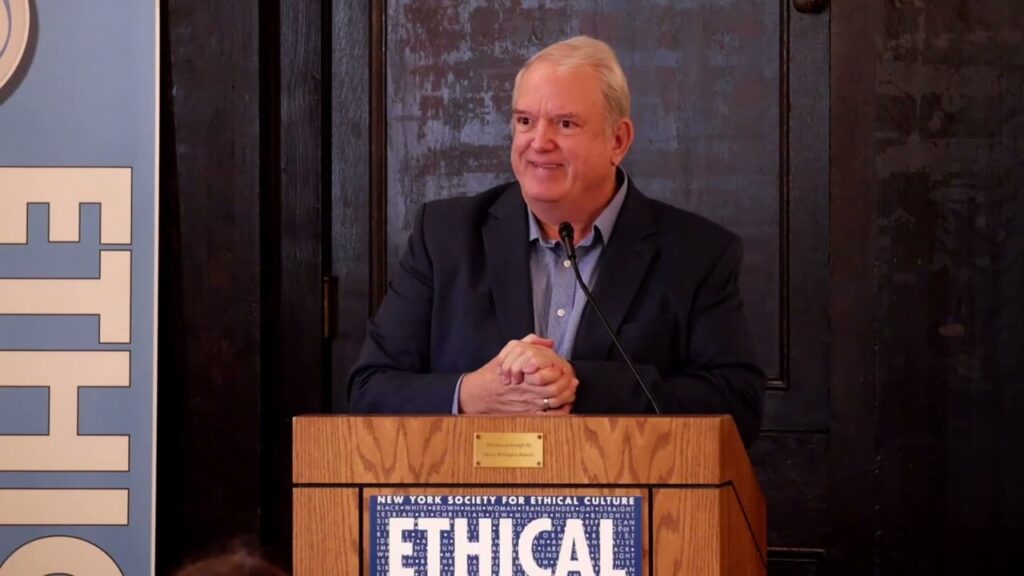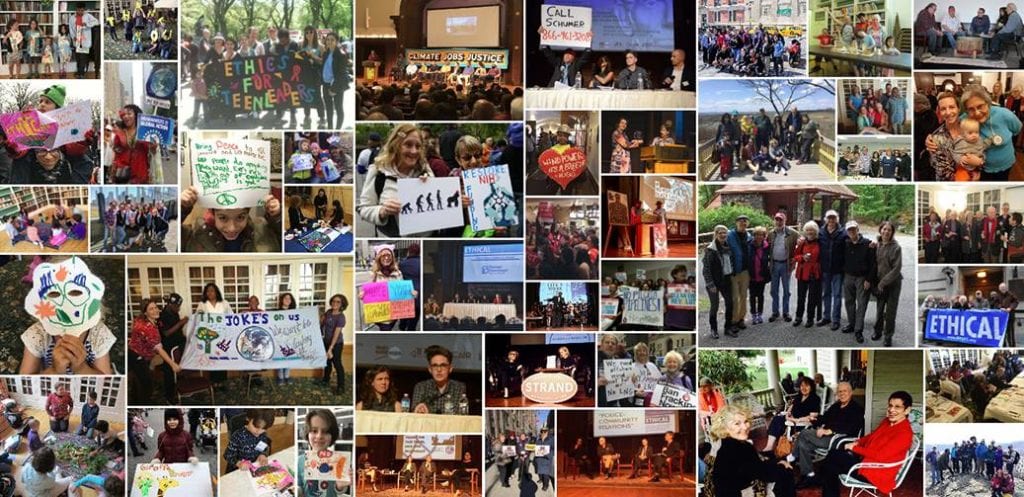
“10,000 People, 80 Nations, 50 Faiths”
Like Brigadoon, a mysterious Scottish village which appears for only one day every hundred years in the musical by the same name, the Parliament of the World’s Religions, held in Chicago for the first time in 1893, wasn’t convened again until 1993, again in Chicago. That first formal gathering drew representatives from Eastern and Western spiritual traditions and is recognized as the birth of interreligious dialogue worldwide. Although a decision was made at the second Parliament to convene every five years, the next one took place in 1999 in Cape Town; the following parliaments met in Barcelona in 2004, Melbourne in 2009, and Salt Lake City from October 15 to 19 this year. At the closing plenary meeting, we heard the happy news that we will now meet every two years.
At the first Parliament, nineteen women, spoke; among them were Ethical Culture “lecturers” Jane Addams and Anna Garlin Spencer. Other women wrote papers, but weren’t allowed by their faiths to publicly present them, so men took their places on stage. At this year’s Parliament, whose theme was “Reclaiming the Heart of Our Humanity – Working Together for a World of Compassion, Peace, Justice and Sustainability,” it was clear that throughout the world and in most of the world’s religions, more women are taking leadership roles. I felt proud to represent Ethical Culture, as I did at the 2009 Parliament, and delighted that my daughter (and NYSEC member) Emily Newman joined me. We were both inspired by the remarkable women we met and heard, including Karen Armstrong, Jane Goodall, and indigenous spiritual grandmothers who shared their traditional wisdom with us.
Of course, there is still much work to be done, and that is why we approved a “Declaration for the Dignity and Human Rights of Women,” intended to elicit the commitment and action of the world’s religious leaders, adherents and institutions to improving the quality of life experienced by women and girls everywhere. It states the problem: “The struggle for the dignity and equal rights of women is the global human and civil rights struggle of our time. War and violence, economic disparity and impoverishment, environmental damage and its devastating consequences fall disproportionately upon women and girls who also suffer the most prevalent injustices in our world today.” And it calls for “Commitments of Conscience” that include calls to “alleviate the unwarranted deprivation and suffering of women and girls,. . . challenge and change harmful teachings and practices that justify discrimination and violence against women and girls, . . . and “partner with faith and interfaith organizations working to advance women’s well-being and rights.”
Other declarations addressed climate change; income inequality and the widening wealth gap; hate speech, violence and war; and standing with indigenous peoples. Myriad events were held throughout the weekend – lectures, discussions, exhibits, concerts, films – far too many to take in, even with our strategy of attending different sessions and reporting back at meals. The plenary sessions were live-streamed, and videos are available among the resources on the website at http://www.parliamentofreligions.org/.
We also encountered humanist friends: NYSEC member Deborah Schlein, AEU Ethical Education Director Dale McGowan, American Humanist Association members Mel Lipman and Bob Hannah, Secular Student Alliance member Lori Fazzino, Humanist Institute alumna Vanessa Gomez Brake, and Paula Rochelle and Ben Wade from the Ethical Culture Society of Silicon Valley. We were among the many humanists and nontheists who found common ground with people of more traditional faiths, learning to live with difference and promoting a new era of cooperation for the common good of the world. As one of the grandmothers said, “We are all teachers for one another.”







